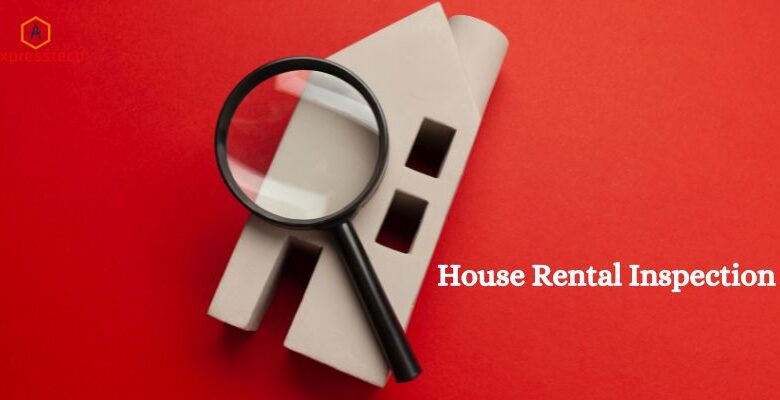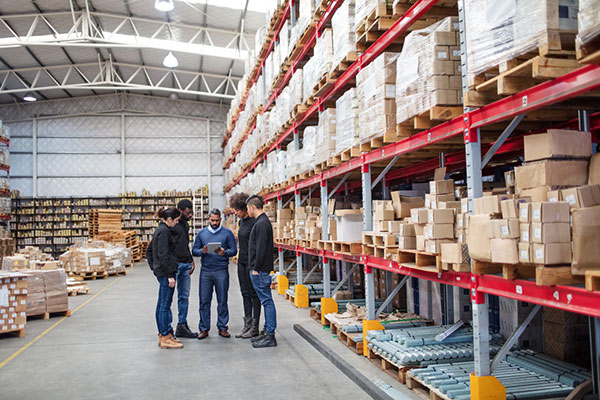Tenant’s Guide to House Rental Inspections: What to Expect

Looking at houses for rent is an exciting journey, but it also involves various responsibilities, including periodic house rental inspections. As a tenant, understanding what to expect during these inspections can help you prepare and ensure a smooth process. In this guide, we’ll walk you through the ins and outs of house rental inspections and how to navigate them effectively.
The Purpose of House Rental Inspections
House rental inspections serve several important purposes:
1. Maintenance and Repairs
Inspectors assess the condition of the rental property to identify any maintenance or repair needs. This helps ensure that the property remains in good condition throughout your tenancy.
2. Safety and Compliance
Inspections also verify that the property complies with safety and building code regulations. This includes checking that smoke detectors, carbon monoxide detectors, and fire extinguishers are in working order.
3. Lease Compliance
Inspectors ensure that tenants are complying with the terms of the lease agreement. This may include verifying the number of occupants, ensuring no unauthorized pets, and confirming that the property is being used for its intended purposes.
Types of Rental Inspections
1. Move-In Inspection
A move-in inspection is conducted when you first rent the property. During this inspection, both you and the landlord or property manager go through the property together to document its condition. This documentation is crucial for avoiding disputes over security deposit deductions when you move out.
2. Periodic Inspections
Periodic inspections occur at regular intervals during your tenancy, typically once or twice a year. These inspections focus on maintenance and safety checks. The landlord or property manager will provide advance notice before conducting a periodic inspection.
3. Move-Out Inspection
When you decide to move out, a move-out inspection is performed to assess the property’s condition compared to when you moved in. Any damages beyond normal wear and tear may result in deductions from your security deposit.
What to Expect During a House Rental Inspection
Notice and Scheduling
Before a rental inspection, you should receive advance notice, typically ranging from 24 to 48 hours. This notice allows you to prepare for the inspection and be present if desired. If the scheduled time doesn’t work for you, try to coordinate with the landlord or property manager to find a suitable alternative.
Visual Inspection
During the inspection, the landlord or property manager will visually assess the property’s condition. They will check for any visible damages, signs of neglect, or needed repairs. Expect them to examine various areas, including the living spaces, kitchen, bathrooms, and exterior.
Safety Checks
Inspectors will also verify that safety features are in working order. This may include testing smoke detectors, carbon monoxide detectors, and ensuring that emergency exits are clear and accessible.
Lease Compliance
The inspector may review the lease agreement to confirm that you’re abiding by its terms. This may include checking for unauthorized pets, subletting, or any other lease violations.
Documentation
Both you and the inspector should document the inspection’s findings. This may involve taking photographs, notes, or filling out an inspection checklist. This documentation helps ensure transparency and can be crucial in the event of a dispute.
Preparing for a Rental Inspection
Clean and Tidy
Before the inspection, make sure your rental unit is clean and tidy. A well-maintained property reflects positively on you as a tenant and can expedite any necessary repairs.
Address Maintenance Issues
If you’re aware of any maintenance issues or needed repairs, report them to the landlord or property manager before the inspection. Addressing these concerns in advance can prevent them from becoming more significant problems later.
Review the Lease Agreement
Familiarize yourself with the terms of your lease agreement to ensure you’re complying with all requirements. If you have any questions or concerns, discuss them with your landlord or property manager before the inspection.
Be Present (Optional)
While you’re not always required to be present during a rental inspection, being there can be advantageous. It allows you to directly address any questions or concerns the inspector may have and provides an opportunity for open communication.
Understanding Inspection Results
After the inspection, you should receive a report or feedback from the inspector or landlord. If any issues were identified, discuss them with the landlord or property manager to determine how they will be addressed and resolved. For necessary repairs, request a timeline for completion.
Conclusion
House rental inspections are a routine part of the rental process, and understanding what to expect can help alleviate any concerns. By preparing your rental unit, addressing maintenance issues in advance, and being aware of your lease terms, you can ensure a smooth inspection process.
Remember that inspections are essential for maintaining the property’s condition, ensuring safety, and upholding lease compliance. By cooperating with your landlord or property manager during these inspections, you contribute to a positive rental experience for both parties.





